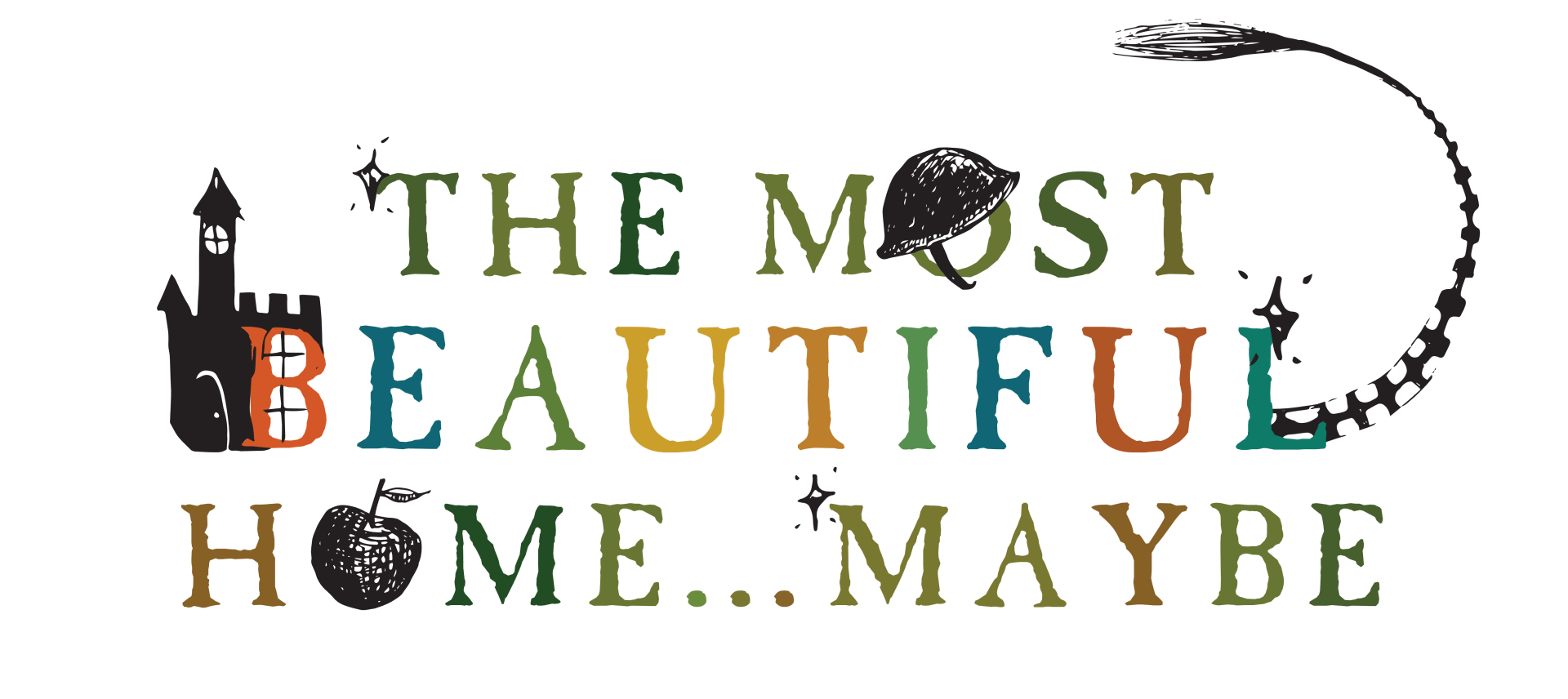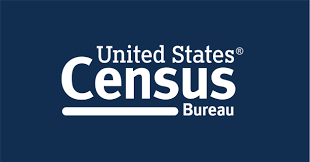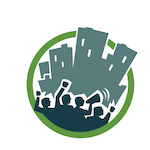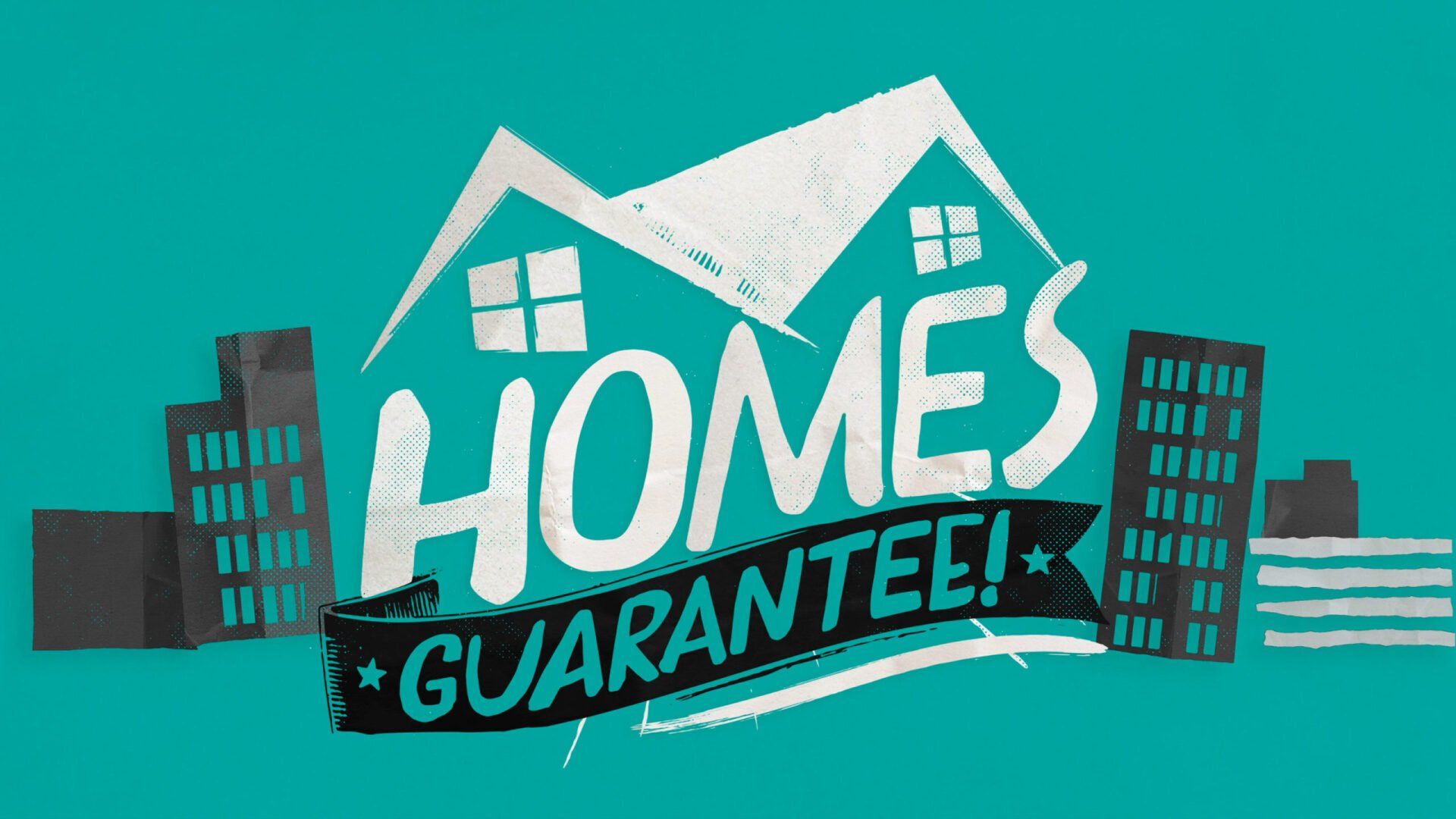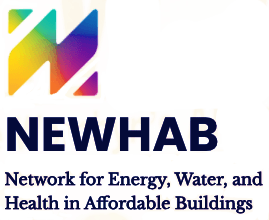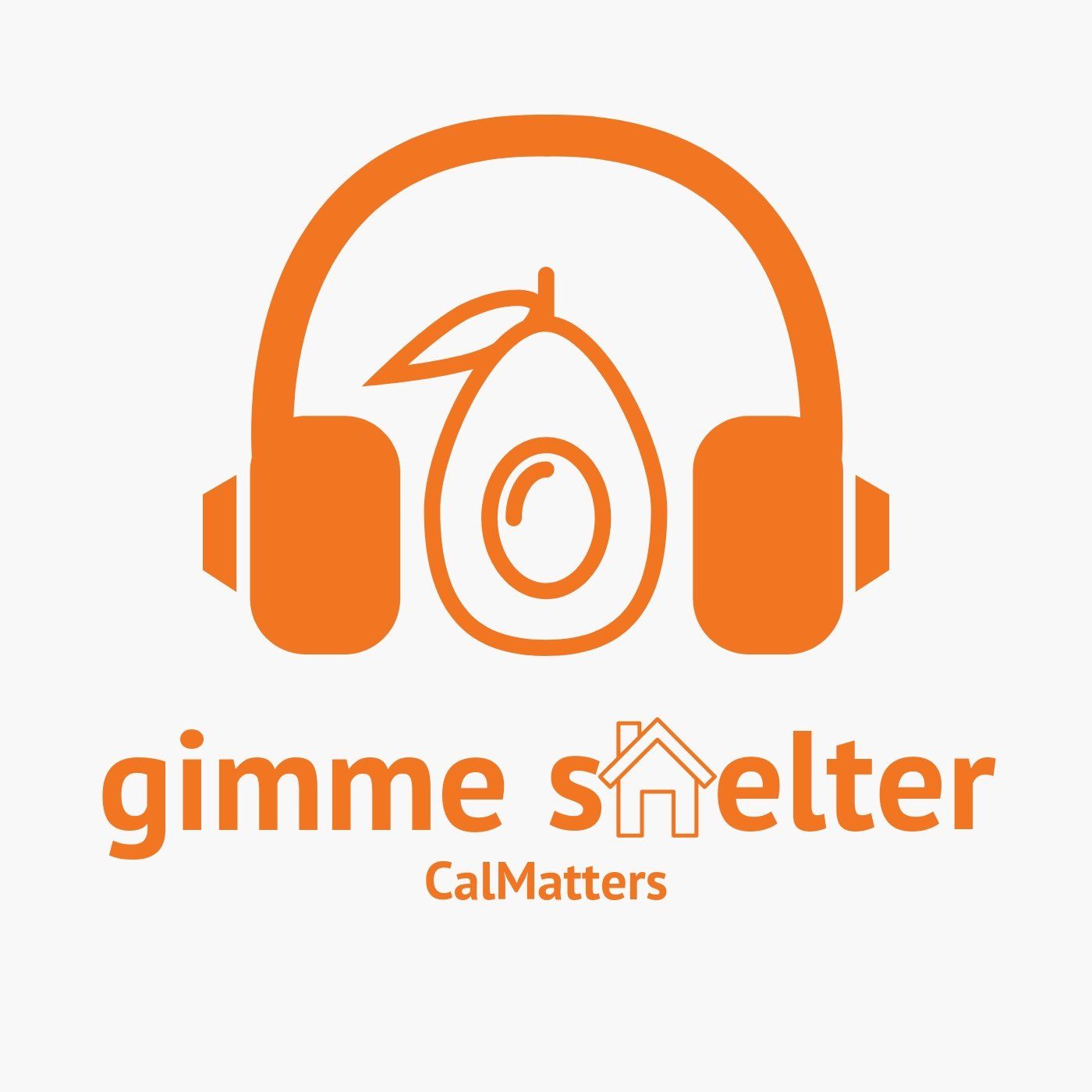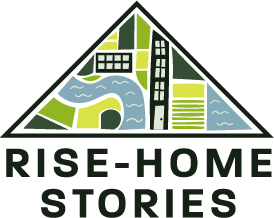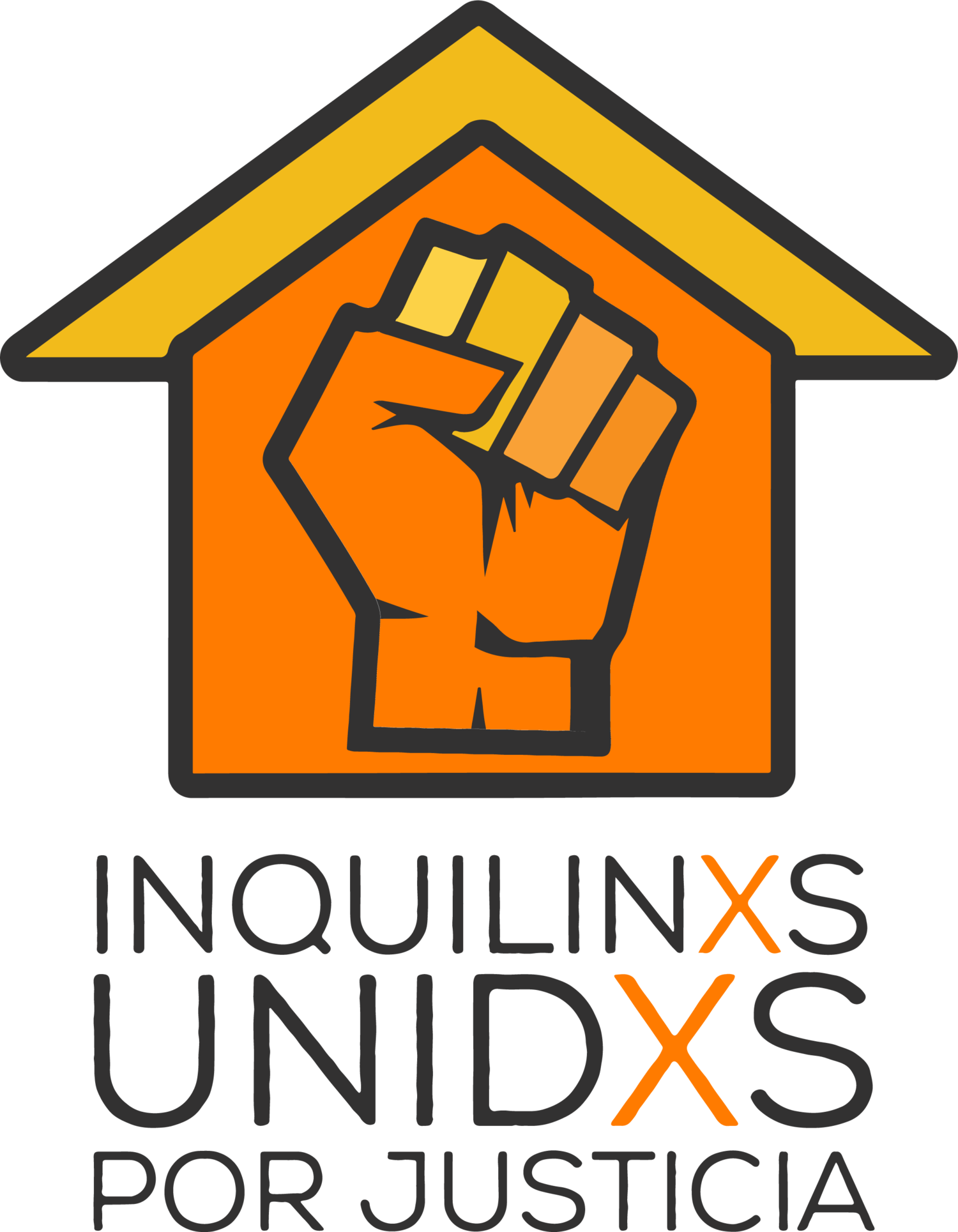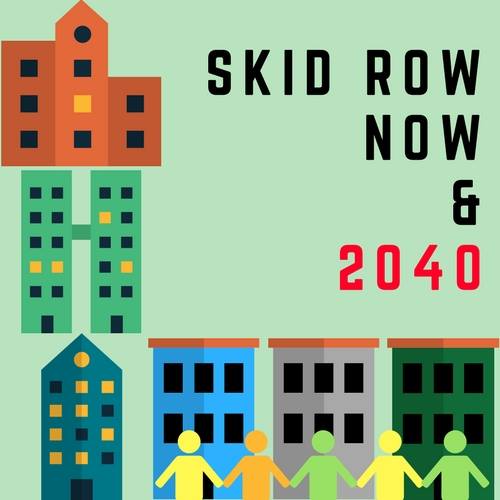Resources
The sites below are wells of information and inspiration that The Most Beautiful Home... Maybe has drawn from over the course of its development. Check them out for yourself by clicking through on the logos.
Community Change is a national organization that builds power from the ground up. Their Housing Playbook (linked here) identifies a robust and progressive housing agenda based upon a clear understanding of the necessary policy reforms and the mechanisms needed to make them, including administrative action, regulations, interagency partnerships, external partner collaborations, and actions requiring legislative and budgetary actions.
The Household Pulse Survey is an experimental data project that taps into the full knowledge and resources of federal agencies, each doing what they do best: collecting data on important issues that affect our everyday lives. The link here takes you to the dataset examining the percentage of adults living in households not current on rent or mortgage, where eviction or foreclosure in the next two months is either very likely, or somewhat likely.
The Anti-Eviction Mapping Project is a data-visualization, critical cartography, and multimedia storytelling collective documenting dispossession and resistance upon gentrifying landscapes. Primarily working in the San Francisco Bay Area, Los Angeles, and New York City, they are volunteers producing digital maps, software and tools, narrative multimedia work, murals, reports, and community events, all contributing to collective resistance and movement building.
The Right To The City Alliance emerged in 2007 with a powerful vision — to halt the displacement of low-income, BIPOC, LGBTQ, and youth of color communities from our historic urban neighborhoods. Their goal (among many) is to build cities where tenants, homeowners, youth, women, workers, and immigrants are respected and can meaningfully participate in a democratic process to shape the development plans for their cities, live in a healthy environment, and have access to quality jobs and housing.
The National Low Income Housing Coalition is dedicated solely to achieving socially just public policy that ensures people with the lowest incomes in the United States have affordable and decent homes. Their goals are to preserve existing federally assisted homes and housing resources, expand the supply of low income housing, and establish housing stability as the primary purpose of federal low income housing policy.
The Homes Guarantee is a project of People's Action, a national network of state & local grassroots power-building organizations united in fighting for justice. Their grassroots leaders, as a part of the People’s Action housing justice cohort, developed the Homes Guarantee framework last year. The vision for a national Homes Guarantee comes straight from people who are impacted by the nation’s housing crisis, and builds from a long tradition of tenant organizing.
The Network for Energy, Water, and Health in Affordable Buildings (NEWHAB) is a network of people from all over the United States dedicated to a future where everyone has a good home, one that is permanently affordable, protects health, and contributes to climate and community resilience. NEWHAB is a community of peers that members tap into when they want to wrestle collaboratively on sustainable solutions to good housing from a people-centered perspective to solve local issues. We focus on root causes and intentional, leveraged action aimed at increasing the health of the overlapping systems that create housing and energy instability for people of color and underserved communities.
Abundant Housing LA is a pro-housing, nonprofit advocacy organization working to help solve Southern California’s housing crisis. Their organization supports more housing at all levels of affordability and reforms to land use and zoning codes, which are needed in order to make housing more affordable, improve access to jobs and transit, promote greater environmental sustainability, and advance racial and economic equity.
The mission of SCANPH is to facilitate development of affordable homes across southern California by advancing effective public policies, sustainable financial resources, strong member organizations, and beneficial partnerships. Nonprofit developers, SCANPH’s core constituent, provide below market-rate homes for low-to-extremely-low income community members and for people experiencing homelessness. Simply put, they focus on economically disadvantaged individuals and families who are most in need of affordable housing.
Mapping Inequality brings one of the country's most important archives to the public. HOLC's documents contain a wealth of information about how government officials, lenders, and real estate interests surveyed and ensured the economic health of American cities. And with the help of ongoing research, we continue to learn at what cost such measures were realized. Over the last thirty years especially, scholars have characterized HOLC's property assessment and risk management practices, as well as those of the Federal Housing Administration, Veterans Administration, and US. Housing Authority, as some of the most important factors in preserving racial segregation, intergenerational poverty, and the continued wealth gap between white Americans and most other groups in the U.S.
Gimme Shelter: The California Housing Crisis Pod is a podcast from CalMatters. It's a look into California's housing crisis and how it impacts you. Why is it expensive to live California? And what can that state do about it? Every other week, Los Angeles Times housing reporter Liam Dillon and CalMatters housing reporter Manuela Tobias chat about the latest developments in California housing policy and interview key newsmakers and other reporters.
In 2018, A group of multimedia storytellers and housing, land, and racial justice advocates came together to reimagine the past, present, and future of our communities by transforming the stories we tell about them. Rise-Home Stories Project is a first-of-its-kind collaboration. Longtime organizers, advocates, writers, filmmakers, journalists, game designers, and more are working in true co-creative relationships, crafting five innovative media projects.
United Renters For Justice/Inquilinxs Unidxs por Justicia works for permanently affordable democratic housing and structural changes: tenant unions, rent stabilization, stronger enforcement of renter protections, and community owned housing. They convene Minneapolis tenants to analyze their housing problems; to strategize, organize, and mobilize around those problems; and to create affordable and dignified homes. They work with tenants of the largest landlords in some of the worst-maintained housing in the city who experience mold, insect and rodent infestations, freezing temperatures, insecure apartment buildings, unresponsive landlords and terrible rent increases. They work with landlords whenever possible, but when they refuse to address problems in their buildings we support tenants to create pressure through the courts, public education campaigns and take direct action to solve their own problems.
Since 2015, Skid Row community members and groups have engaged with the Department of City Planning in response to the DTLA2040 Community Plan. They outlined essential community plan principles for Skid Row, arguing that a community plan should be a vision for supporting and responding to the needs of existing neighbors and neighborhoods. It should be community-focused, and not solely driven by business interests.
Can you imagine a future where everyone is housed?
About us
We're experimenting with the tools of creativity and artmaking towards an end of influencing policy.
Useful links
Contact info
info@marknsparks.com
Join our mailing list
Exiled In America Mailing List
Thank you for joining our emailing list!
Please try again later
